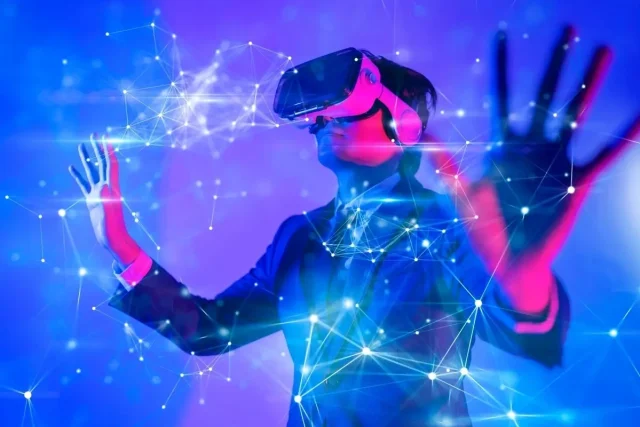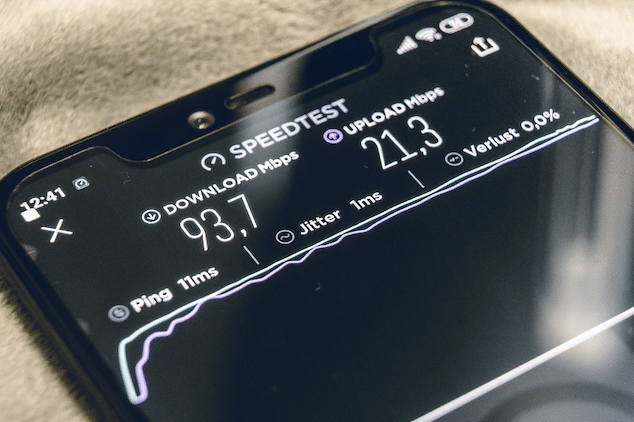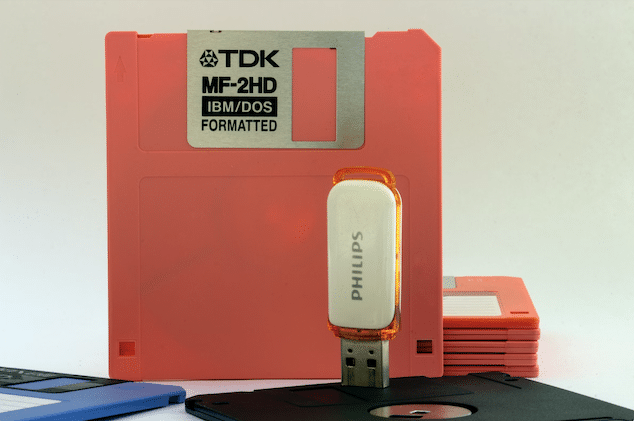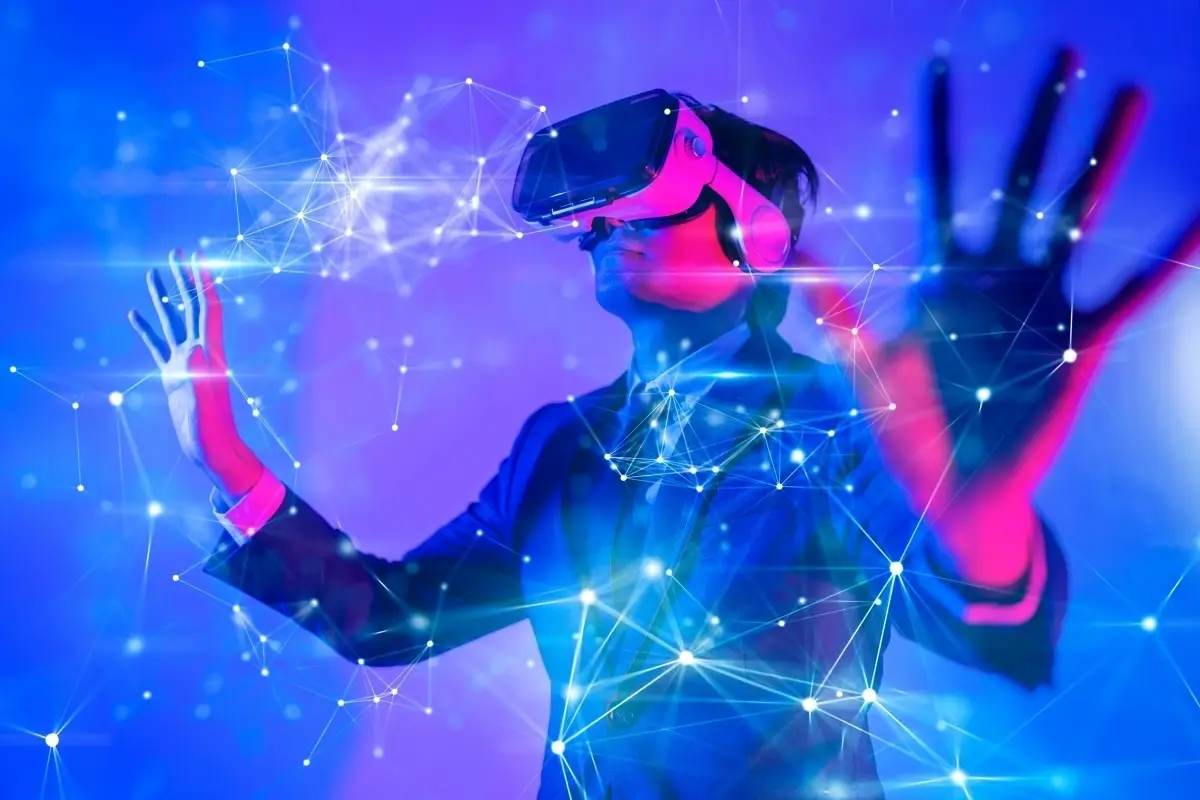

How the internet changed the way we consume and receive pop culture along with society along with current and future technology.
2012 saw two billion users take to the internet for the first time and in 2023, that number has ballooned to five billion and isn’t stopping anytime soon. Here are several landmark statistics and examples that show how the internet has influenced our lives in such a short amount of time.
How We Use The Internet Has Changed
Even how we use the internet has shifted drastically over the years. In 2012, Netflix had officially completed its streaming transition and started to make content, while YouTube and other forms of online content creation started to gather numbers that rivaled cable. Now, YouTube is full of more than just cat videos and Netflix isn’t the only game in town, having tens of competitors now from every broadcasting company.
In that time, other industries seized on the internet’s unparalleled reach and convenience. Online entertainment isn’t just streaming movies, it’s connecting with friends on social media or video conferencing or finding something to play through an iGaming site. The internet allows sites to offer hundreds of services simultaneously to its many visitors, best seen with slots at Paddy Power Bingo where its many games have a variety of themes, play styles and features that make each one different. Through powerful hosting solutions, popular websites like this can stay online even when bombarded with traffic every day.
These uses of the internet were unheard of back when it all started. In the 90s, the internet had real competition in the form of fax and other physical media, since download speeds back then were so slow. Software came in CDs or floppy disks instead of being beamed into your computer, and your entire connection could be knocked offline if somebody picked up the phone. As far as iGaming, there were a handful of sites and chatrooms, most defunct now, so solitaire by yourself was a much more reliable way to stay entertained.

Landmark Statistics
At five billion, roughly 64% of the world’s almost eight billion population have found their way online. Over the past decade, the estimated world population boomed from 7.1 billion to the nearly 7.9 billion it is today. This rise in internet usage isn’t just new generations growing up with its technology, it’s also due to developing areas that are going online for the first time like the Indian sub-continent, detailed here by LiveMint. At just 50% internet penetration, 700 billion of the country’s 1.4 billion population are online, though this is changing quickly and is being mirrored in South America and Africa.
Then there are mobile phones, which have also changed how we use the internet in our day-to-day lives. 2016 was a landmark moment in internet culture as that was when 50% of web traffic came from smartphones, which had taken off after first hitting the scene in 2008. For context, desktop dominated with 82% of web traffic in 2013. Nowadays, mobile traffic is closer to 70%, though we have more handheld options available to us such as tablets.
In May 2023, 51.52% of all web traffic came through mobile phones, with the average for 2023 so far coming in at 56.86%. If we were to go back to 2012, this figure was at a meager 10.88%.

The Next Decade Of Internet Use
It’s anyone’s guess what the next decade of the internet will look like. At present, we are spoiled for choice in the many websites and services that rely on it to compete in an ever-widening marketplace. Streaming has become especially competitive over these last few years, with trouble on the horizon if users refuse to juggle multiple competing services.
As for the hardware we’ll be using, VR is a technology that has existed for many decades yet is only now experiencing mainstream interest from the likes of Apple. Meanwhile, fans of blockchain tech and Web3 claim it’s the next iteration of our current internet, covered here by Webisoft. That would include features like the metaverse, something that Facebook has staked its whole company behind after renaming itself to Meta.






